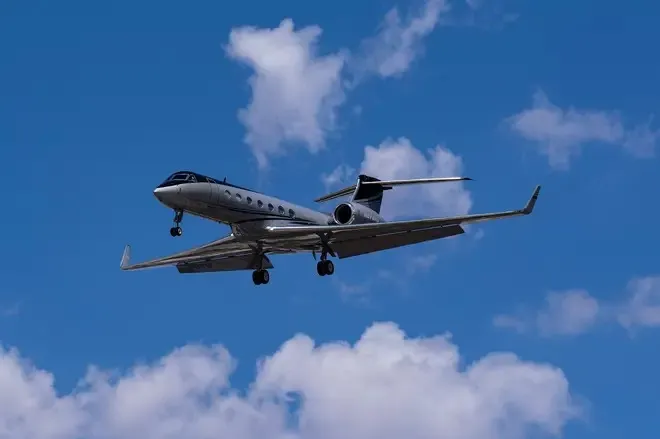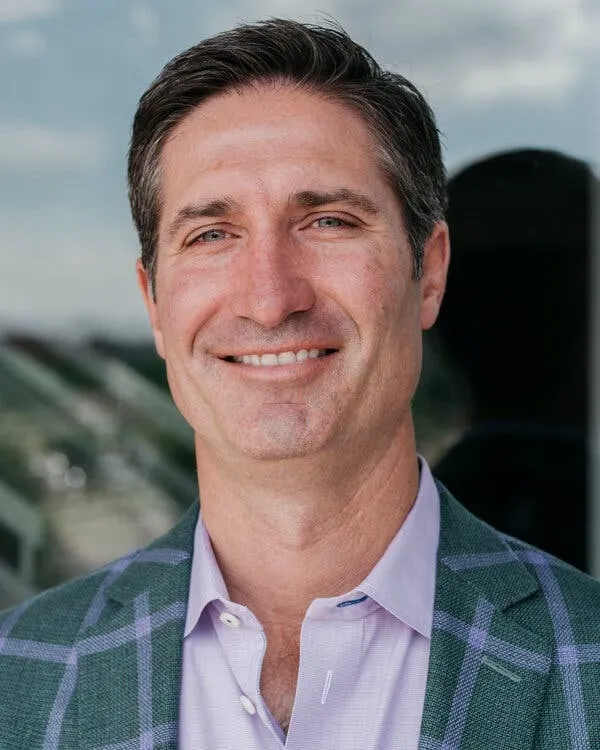Starbucks’ newly appointed CEO, Brian Niccol, has faced criticism for his plan to commute nearly 1,000 miles from his home in Newport Beach, California, to the company’s headquarters in Seattle using a corporate jet. Critics argue that this move contradicts the company’s public commitment to environmental sustainability. The decision to use a private jet has sparked concerns about greenwashing—promoting eco-friendly initiatives while allowing top executives to engage in environmentally harmful practices.

Flexible Working Policy and Remote Office
Niccol, who starts his role on September 9, will not be required to relocate to Seattle. Instead, he will commute three times a week under Starbucks’ flexible working policy. To accommodate his working from California, Starbucks will set up a small remote office in Newport Beach. Despite this, the use of a corporate jet for frequent travel has drawn criticism from analysts and customers alike.
Criticism from Investment Analysts
Dan Coatsworth, an investment analyst at AJ Bell, criticized the use of a private jet, calling it environmentally irresponsible and impractical for a major corporation. He argued that effective leadership requires close engagement with the business, rather than a distant, luxury commute. Coatsworth emphasized that Niccol’s role at Starbucks involves significant challenges and that he needs to be fully immersed in the company’s operations.
Reaction from Social Media and Public
Social media users have also weighed in, questioning the consistency of Starbucks’ sustainability messaging in light of Niccol’s travel arrangements. One user sarcastically commented on the irony of the situation, suggesting that Starbucks’ commitment to environmental issues might be undermined by the CEO’s jet-setting lifestyle.
Leadership Transition and Enhanced Authority
Niccol’s appointment marks a significant shift in leadership dynamics at Starbucks. Unlike his predecessor, Laxman Narasimhan, who had a lengthy CEO-in-training period and limited authority, Niccol will assume both CEO and chairman roles immediately upon joining. This gives him greater control over company strategy from the outset. His extensive experience with Chipotle Mexican Grill and Yum! Brands positions him as a strong leader for Starbucks, despite the controversies surrounding his commute.
Challenges and Expectations
Niccol will face several challenges, including addressing declining sales in major markets like the US and China, managing union negotiations, and responding to activist investors. His record of stabilising and revitalising troubled businesses has instilled confidence in investors, though he will need to address any concerns stemming from his tenure at Chipotle, particularly regarding the company’s response to unionisation efforts.

Immersion Process and Compensation
Starbucks has outlined an “immersion” process for Niccol, involving a deep dive into the company’s culture, history, and operations. Despite the controversy over his commuting arrangement, Starbucks is investing significantly in Niccol, with a compensation package valued at around $113 million. The company asserts that he will spend most of his time in Seattle, aligning with his role’s requirements.
As Starbucks prepares for Niccol’s leadership, the company faces a critical period of adaptation and transformation.
